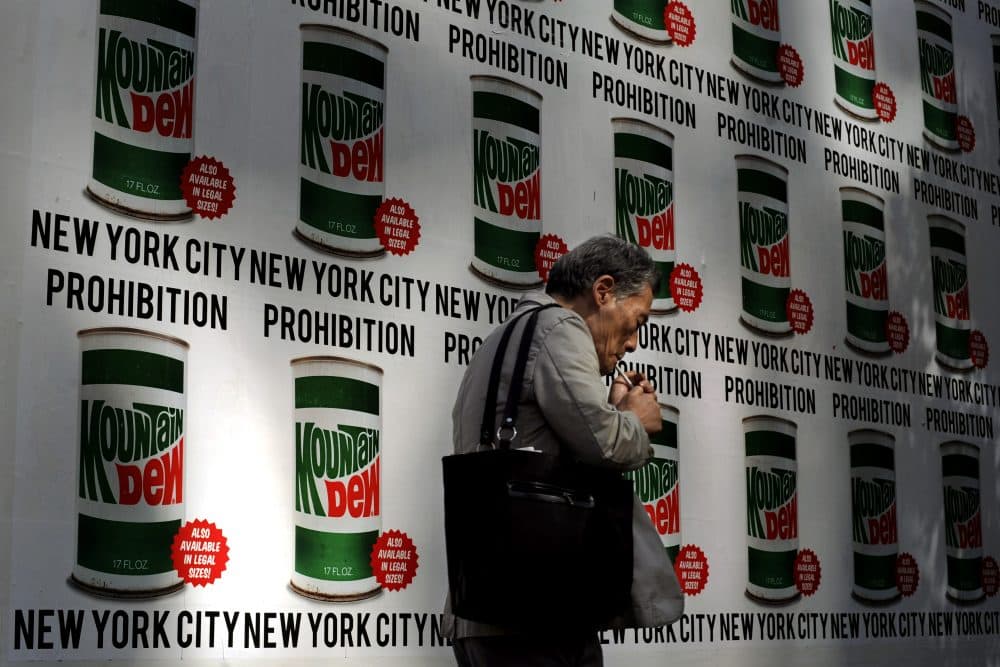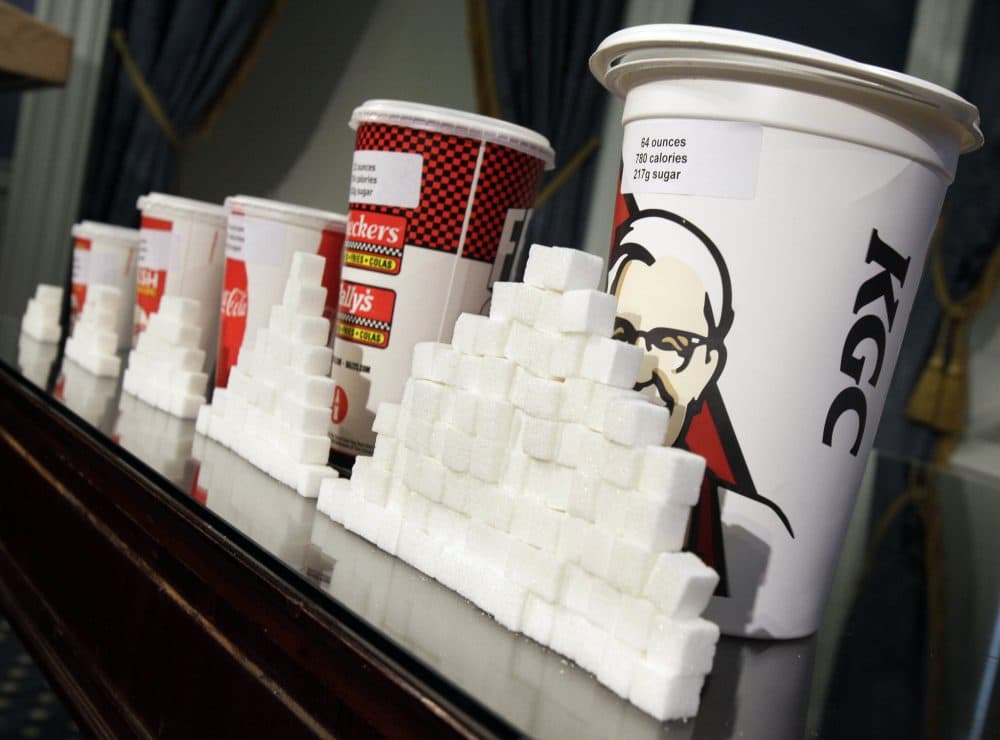Advertisement
Commentary
In Praise Of Paternalism

Last summer, I met Clarinda Blais, a Boston University graduate who had earned big-foot media attention by starting philosophy classes at homeless shelters. I wrote about one session in which Aristotle’s ancient thoughts on happiness spurred an energized discussion.
Blais’s compassion for her students and their difficult lives was palpable. “These are my friends,” she said. So it was interesting when she told me that she never gives homeless people money when they ask for it on the street, as they likely spend it on their addictions and other ills. Instead, she directs them to a shelter for help.
The number of people I see who do give to panhandlers suggests that many would find Blais unkind, even presumptuous. Who are we the privileged to decide what those down on their luck buy? But if that’s your reaction, I’d bet you don’t stick to it in other situations, and therein lies a moral: Hooray for paternalism.
Paternalism gets a bum rap these days, mostly from the libertarian right, with its bad-mouthing the “nanny state” for allegedly hijacking decisions better left to individuals. But Bernie Sanders has also defended unfettered choice in his condemnation of using soda taxes to discourage consumption of that unhealthy beverage. They’re regressive levies on the poor, he declares.
These critics have it all wrong. Yes, personal responsibility is an essential virtue, enshrined in Western philosophy and our country’s founding. Moreover, it’s unavoidable; you can’t legislate away every heedless or compulsive behavior.
But it’s perfectly legitimate for society to erect guardrails against people crashing their lives, both as a matter of compassion and as protection against the rest of us having to pay for those crashes. That’s what red lights, vetoing your choice to race to your destination, are all about.

Blais’s nudge of withholding cash (which is hers, after all) and providing self-help information instead is a good example.
“Any homeless person will tell you that if someone is on the street begging for change for food, they probably don’t want your money for food,” she explained. “I’ll stop and talk to them and say, 'Do you know the shelter’s serving lunch at this time, and this is how you can get there.' ”
If you think she’s an outlier, guess again. The director of one shelter Blais visits told me that most homeless advocates embrace her approach.
Soda taxes are another nudge. Raising the price to decrease consumption of a food that promotes obesity and diabetes is a good thing for poor people, especially when the proceeds are funneled to programs helping them, as Philadelphia did.
Progressives like Sanders who’d prefer letting the needy drink and eat themselves into sickness in pursuit of the no-regressive-taxes principle remind you of the religious fanatics Jesus condemned for scolding hungry people who gathered food on the day of rest. Most rules, from honoring the Sabbath to sparing the poor taxation, demand the occasional, justifiable exception.
Any progressives who think we should tip the homeless or keep the tax man’s hands off soda should recall their own recent, ardent defense of high-profile paternalism, Obamacare.
Not only does the law require people to buy insurance, it imposes minimum standards on plans. Those limits on personal choice are necessary to achieve public goods. The individual mandate broadens the pool of insured, holding down premiums for the sickest Americans. Minimum standards prevent what happened in the pre-Obamacare marketplace, when too many plans left unwary consumers with coverage that was either inadequate or prohibitively expensive.
Iowa demonstrated the need for such protections when it asked the Trump administration for permission to sell skimpier plans with lower premiums but higher deductibles (up to $14,700 for a family and $7,350 for individuals). Iowans on a budget would have struggled to pay those deductibles had they needed big-ticket care — a loss of economic freedom to which Obamacare’s critics are blind.
Fortunately, Iowa’s Republican governor just withdrew its waiver request. It’s a small victory for prudent paternalism.
